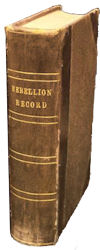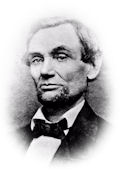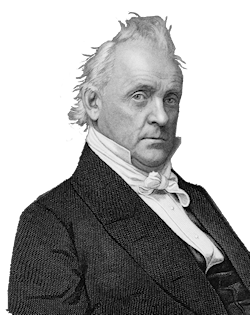To the Hon. J. J. CRITTENDEN
United States Senate, Washington, D.C.
New York, December 26, 1860
My Dear Sir,—Please accept my respectful thanks for the copy of your compromise propositions, which you were kind enough to send me under your frank.
I have yet to meet the first conservative Union-loving man, in or out of politics, who does not approve of them, and consider them as a most efficacious, if not the only remedy, which can save this great country from ruin and destruction.
Your patriotic course is warmly commended by the good men of all parties, and though your noble efforts may prove of no avail against the sectional fanaticism conjured up by designing politicians, the lasting gratitude of every American citizen, who has the greatness of his country at heart, is due to your statesmanlike stand in defense of the Union and the Constitution.
I am afraid that no human power can stay the evil, since the Republican leaders, by their vote in the committee of thirteen, have proved that they are determined to remain deaf to the dictates of justice and patriotism.
Will the American people permit their country to be dragged to ruin by a handful of puritanical fanatics and selfish politicians.
It cannot, it must not be! We can only look for help now to the conservative spirit of the border and middle States, and I trust that prominent and leading men, like yourself, may find early means to make a direct appeal to that spirit by a convention of those States.
I have read with much interest the pamphlet, entitled The Border States, which is attributed to the Hon. J. P. Kennedy, of Maryland. Its suggestions are practical and statesmanlike, and I hope they may find an echo in your State, and in Virginia.










